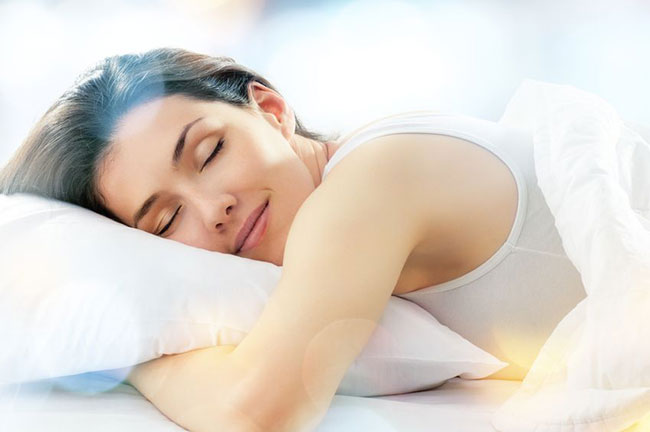Poor sleep health is something that affects us all at one time or another. Whether it is stressful events, jet lag, temperature, all these things can have a negative effect on our quality of sleep. Here are 9 quick tips to help regain optimal sleep health.
Many people believe they sleep well, where in fact poor sleep is more common that is to be expected. It is predicted around 72% of the population suffer from sub-optimal sleep of some kind. Optimal Sleep is when your head hits the pillow and you do not wake up until your alarm or you naturally wake up after around 7 ½- 9hrs sleep for most people. If you wake for more than 3 seconds in the night, this can be defined as interrupted sleep and if you find that you go to the toilet in the night then you are also one of the 72%.
During the Fat Loss clinic to be held at our studio in Farringdon on the 15th Of October I will be presenting a lecture on the effects of poor sleep on our health and the negative effect it has on our fat loss goals, however here is a quick list of check points you should work through to improve your sleep health, all of which I will be going in to greater detail on the day.
- Get to sleep by 10.30pm.
- Reduce exposure to bright lights for at least two hours before going to bed and sleep in a totally dark room. Increased exposure to light, particularly florescent/computer screen/TV lighting will naturally keep/increase our cortisol levels. Cortisol is a stress hormone that has an awakening effect on the body and takes hours to reduce, preventing melatonin (sleep hormone), growth hormones that help tissue repair and immune factors that help boost the immune system from doing their jobs properly.
- Avoid the consumption of stimulants (caffeine, sugar and nicotine) after 2pm. Try to avoid desserts with your evening meal as the sugar from that can increase cortisol levels and again prevent natural sleep hormones from winding the body down and preparing us for sleep.
- Avoid all sugars.
- Drink plenty of water. Once dehydrated the body will respond as if it is experiencing stress, thus increasing cortisol levels and increasing the likelihood of disrupting our sleep.
- Be aware of excessive amounts of electrical equipment in your bedroom and especially around your bed as the electromagnetic pollution can affect sleep/wake cycles.
- Breathing exercises work particularly well prior to getting in bed.
- Introduce stretching as part of your evening routine. Stretching has been shown to help reduce levels of cortisol.
- Try to make a grateful list whenever you find it hard to sleep. Think of 5 things that you are grateful for, this may help you to think more positively and reduce down stress levels.
Contact Steve Grant Health
To learn more out how Steve Grant Health can assist you on your journey, please fill out the enquiry form below.
Please note that depending on your specific circumstances and goals, Steve may recommend that you work with one of the specialist practitioners within his network of trusted professionals.
If you have been referred by a clinician, please complete the form and ensure that you state who has referred you or have your practitioner email Steve direct to make a referral that way.
Click the button below to open the client enquiry form:
[widgetkit id=”643″]


